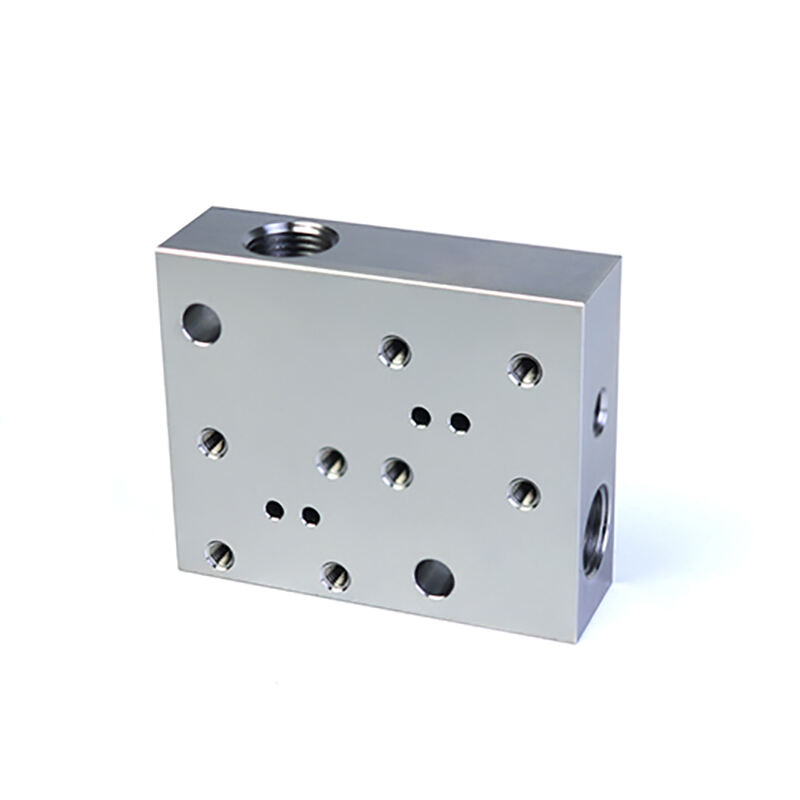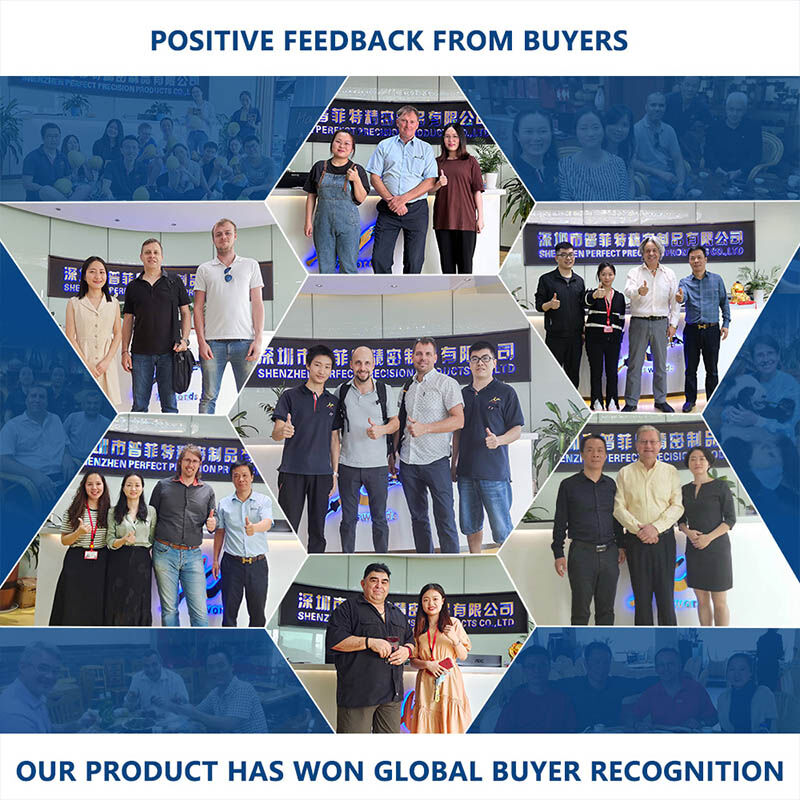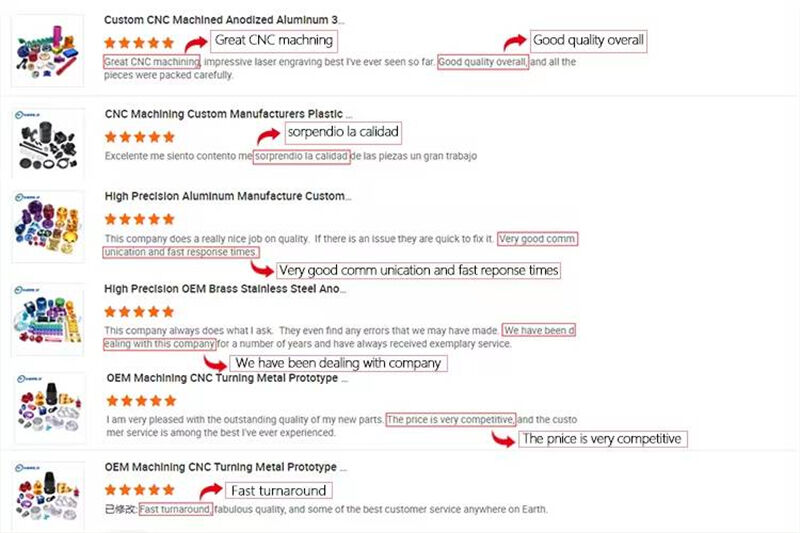Cladirea 49, Parc Industrial Fumin, Villagul Pinghu, Districtul Longgang
Duminică Închis
Piese de prelucrare de precizie
Tip: Frazare, FORATARE, Grăvitură / Machetare chimică, Machetare cu laser, Frazare, Alte servicii de machetare, Tornat, EDM cu fir, Prototipare rapidă
Număr model: OEM
Cuvânt cheie: Servicii de machetare CNC
Material: oțel inoxidabil aliaj de aluminiu bronz metal plastic
Metodă de prelucrare: Tornat CNC
Timp de livrare: 7-15 zile
Calitate: Calitate de înaltă gamă
Certificare:ISO9001:2015/ISO13485:2016
CMM:1Bucată
Hai să fim realiști. Când proiectezi un produs nou sau repari unul existent, ultimul lucru pe care îl dorești este să folosești componente care nu se potrivesc. Acel sentiment de dezamăgire când o piesă este cu puțin mai mare, filetul nu prinde sau asamblarea pare... neglijent realizată.
Acolo unde Părți precise cnc intervin acestea. Ele fac diferența între «destul de bun» și «funcționează perfect».

În lumea CNC, precizia nu este un aspect binar. Este un spectru. O măsurăm în miimi de milimetru sau miimi de inch (adesea scrise ca ±0.05mm sau ±.002").
Pentru a te face să înțelegi mai bine:
• Un fir de păr uman are grosimea de aproximativ 0,07 mm.
• Precizia mare este de obicei în jur de ±0,025 mm – adică mai subțire decât un fir de păr.
• Precizia ultra ridicată ajunge până la ±0,005 mm – la acest nivel, măsurătorile se fac la scară microscopică.
Acest nivel de control este motivul pentru care prelucrarea CNC este soluția preferată pentru piese care trebuie să se potrivească perfect din prima.
Vă interacționați cu Precizie CNC în fiecare zi, fără să vă dați seama:
• Telefonul dumneavoastră: Camerele mici, motoarele de vibrație și bridele interne sunt toate realizate cu precizie.
• Mașina dumneavoastră: Injectorii de carburant, carcasele senzorilor și componentele cutiei de viteze depind de potrivirea perfectă.
• Dispozitive medicale: De la instrumente chirurgicale până la implante, nu există loc pentru eroare.
• Drona pe care ai văzut-o sâmbătă: zborul ei lin depinde de piesele motorului perfect echilibrate.
Nu toate materialele sunt la fel de bune când vine vorba de menținerea toleranțelor strânse:
• Aluminiu 6061: Se prelucrează excelent, stabil, rezistență bună la greutate
• Oțel inoxidabil 304/316: Rezistent la coroziune, rezistent
• POM (Delrin): Stabil, frecare redusă, ideal pentru roți dințate și rulmenți
• Alamă: Ușor de prelucrat cu detalii fine, conductivitate bună
Prelucrarea CNC de precizie nu este despre a te lăuda cu abilități tehnice. Este despre reducerea riscului.



Î: Cât de repede pot primi un prototip CNC?
R: Timpul de execuție variază în funcție de complexitatea piesei, disponibilitatea materialelor și cerințele de finisare, dar în general:
• Prototipuri simple: 1–3 zile lucrătoare
• Proiecte complexe sau cu mai multe componente: 5–10 zile lucrătoare
Servicii accelerate sunt adesea disponibile.
Î: Ce fișiere de proiectare trebuie să furnizez?
R: Pentru a începe, ar trebui să trimiteți:
• Fișiere CAD 3D (recomandat în format STEP, IGES sau STL)
• Desene 2D (PDF sau DWG), dacă sunt necesare toleranțe specifice, filete sau finisaje superficiale
Î: Puteți prelucra toleranțe strânse?
R: Da. Prelucrarea CNC este ideală pentru obținerea unor toleranțe strânse, de obicei în cadrul:
• ±0,005" (±0,127 mm) standard
• Toleranțe mai strânse la cerere (de exemplu, ±0,001" sau mai bune)
Î: Este prototiparea CNC potrivită pentru testare funcțională?
R: Da. Prototipurile CNC sunt realizate din materiale reale de inginerie, fiind astfel ideale pentru testare funcțională, verificări de potrivire și evaluări mecanice.
Î: Oferiți producție în volum mic, în plus față de prototipuri?
R: Da. Multe servicii CNC oferă producție intermediară sau fabricație în volum mic, ideală pentru cantități cuprinse între 1 și câteva sute de unități.
Î: Este confidențial designul meu?
R: Da. Serviciile de prototipare CNC de încredere semnează întotdeauna Acorduri de Confidențialitate (NDA) și tratează fișierele și proprietatea intelectuală cu maximă confidențialitate.
Drepturi de autor © Shenzhen Perfect Precision Products Co., Ltd. Toate drepturile rezervate — Politica de confidențialitate—Blog